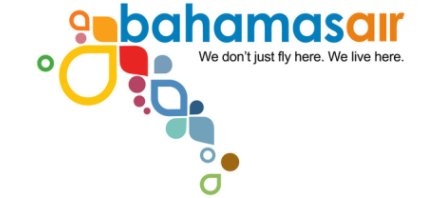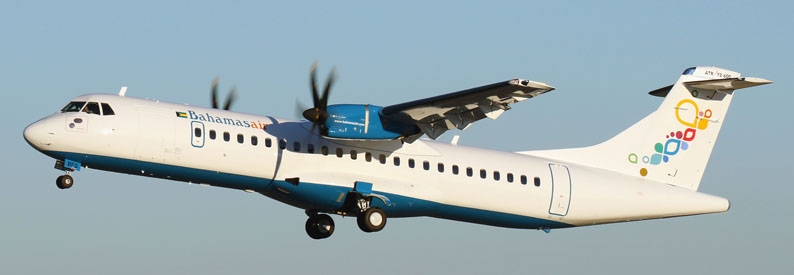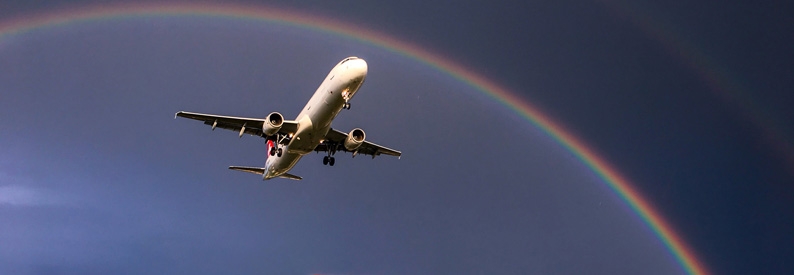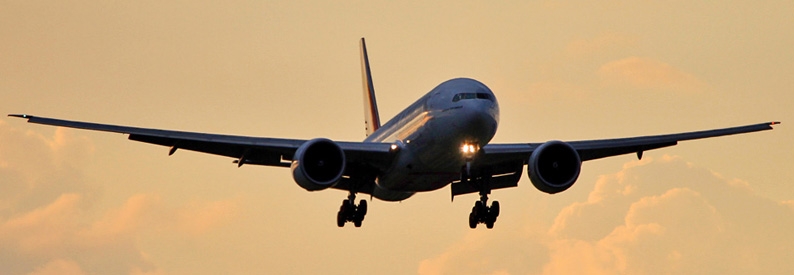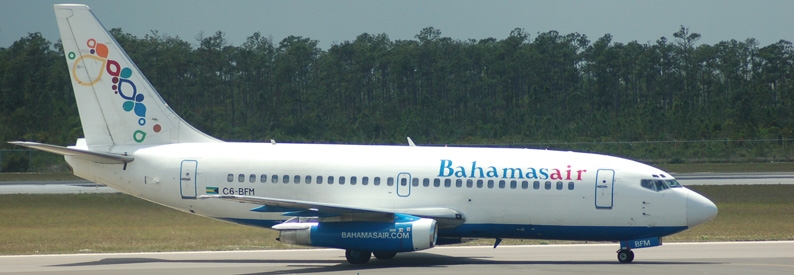Bahamasair (UP, Nassau International) has taken delivery of its first B737-700 with C6-BFX (msn 30662) having been ferried to Nassau International on Thursday, February 14.
Bahamasair chairman Tommy Turnquest said during a presentation ceremony the USD11.4 million investment had been financed via the sale of the state-owned carrier's now retired fleet of Dash 8-300s (of which six have been parked in Nassau since decommissioning).
“This new aircraft should be used to develop new markets for the Bahamas, and once developed to the point where larger, legacy carriers are prepared to operate those routes, we will be willing to move on to new destinations,” he said.
According to The Tribune, Bahamian Tourism and Aviation Minister, Dionisio D’Aguilar, said that the former Alaska Airlines twinjet's range would allow new point-to-point routes to be opened up, with focus on the secondary US market in particular.
“If you look at where we don’t have nonstop service… New Orleans International, Chicago O'Hare, year-round, Cincinnati International — if you look at these secondary markets that are not serviced very well by nonstop service, this is where Bahamasair can step in and improve airlift to the country,” he said. “Because that’s going to have to be our marketing plus over the other airlines.”
Bahamasair also operates three ATR42-600s and three ATR72-600s as well as three B737-500s. It specializes in domestic Bahamian flights as well as flights to the United States, the Caribbean, and Belize City International in Central America.
However, given the cost of the B737-700's acquisition and the new market potential it brings, Prime Minister Hubert Minnis said he expected Bahamasair to now boost its productivity in order to reduce its reliance on state subsidization.
"I expect increase in performance and increased productivity and the USD15 million subvention, I would love to see that decrease by USD2 million every year,” he said.
However, D’Aguilar said that while the carrier would endeavour to realize the PM's goal, the fact that it is mandated to ply unprofitable domestic routes meant it would not be easy to achieve.
